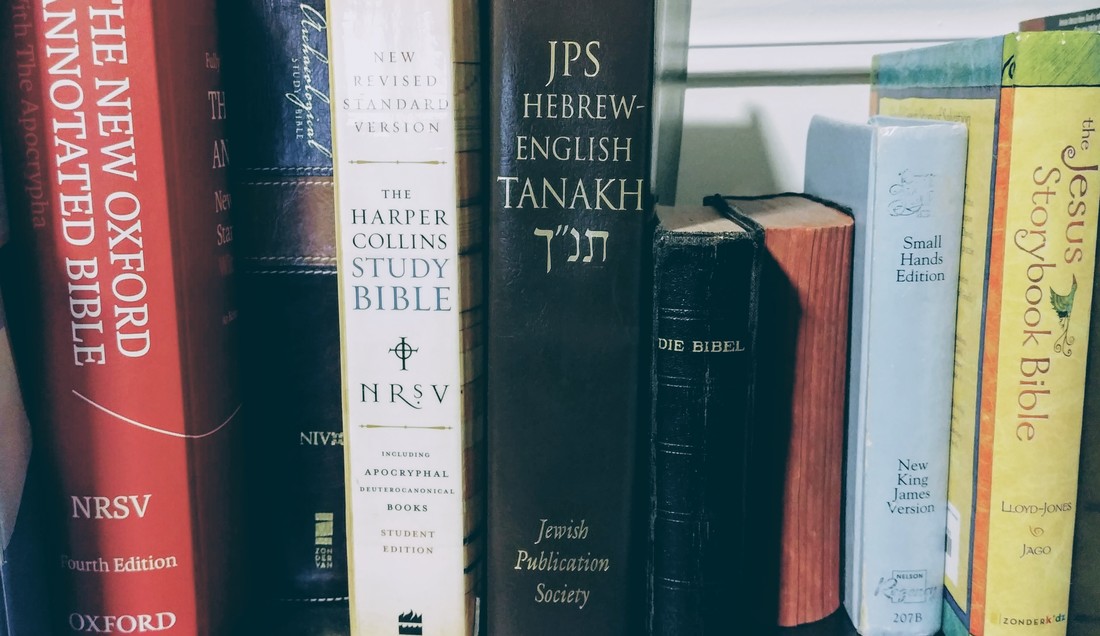|
-Rev Melissa Fain- There are two sharp edges that exist with this topic, and if I don't dull or make aware of them, it will drive you away. The first is language. The average person cannot understand a book meant for a Masters level student. It's not that they couldn't understand it eventually, It's just that once you teach someone the language to understand the book, most would be disinterested in the content. The late Fred Craddock had a way of language I plan to adopt. Just explain it in normal language. I watched him preach, and explain really complex ideas in very down to earth ways. I knew the meaning behind his words, but most in the room just got a solid sermon. Just know this is happening, and feel free to ask me deeper questions if you wish to know the higher church language. The second is depth. I love to compare theology to a pool. Some of us can still remember what it's like to be a very young child in the baby pool. New Christians swim in shallow faith because their faith isn't strong enough to swim through the deep stuff. Ministers are stuck knowing this every Sunday morning. They realize there are both people who can handle deep end faith and those who are still in the shallow end. Many solve the problem by making everything shallow. I take a different approach. You will know, before you start reading, if we are about to go deep. I will pair that with my faith. I do believe that Jesus is the Christ. I do believe in God. With everything I'm going to share, I came out with a stronger and richer faith. Keep that in mind as you follow along. Let's begin! There were and are God momentsIf I went up to you and asked, "Where is Atlanta?" you could pull up a map and point to the city of Atlanta. This would be true. At the same time, you could put me in a car and literally drive me to Atlanta, where I could physically stand on the land that is Atlanta. That too would be true. Then there's more. You could take me to sights. You can show me Atlantans, tell me their story, show me the history. All of this would also be true. When we point to the place on a map, we are doing so not to say that that dot is Atlanta. In that way it is not true. A map does not contain Atlanta. Rather, the map points to where one can find Atlanta. Atlanta is a physical place full of real people with real stories. You cannot understand the city divorced of her people and her history. You can know of the city without physically being in the city. To truly know is to immerse oneself in more than a dot on a map. What does Atlanta have to do with the Bible? Okay, let's talk God. If I were to ask you, "Where's God?" you could pull out a Bible and point to it. That would be true. At the same time, you could take me to a church or a class about faith. You could fly me to the Holy Land. That too would be true. You might have a God moment, where the presence of the Divine was real. All that is truth. When we point to the Bible, we are not saying "This is God." Instead, we are saying the Bible is a collection of moments where God's presence was so terrific it had no other option but to be kept in the community's history. If you are taking all this seriously, I need you to take a moment and sit with that statement. It is a lead up to deep waters, and the above statement is the boat. When you feel you understand, keep reading. I believe the job of a teaching minister is to point congregants to God. This is different than a seminary professor. A seminary professor gives the minister the tools to do his or her job. If that's difficult to grasp, take it this way. A medical doctor's job is to save and enhance lives. A medical professor's job is to give the tools for the future medical doctor to do his or her job. See what I mean? Your minister should always, in some way, be pointing to God. Their seminary experience gave them tools to point. Where is God? God is in the actual event. The Bible is a shock wave from that God moment. The event itself holds the reality. I have to say this because there is line of thought where people say the Bible is 100% without errors. I understand why people want to believe in an error free Bible. It makes the Bible easy. One could simply open it up and find some level of instruction for basically any situation. There are multiple problems with this line of thought: The issue with believing the Bible is error free:
I hope this didn't scare you off yet. We've just started, and we've got a long way to go. Sit with this, and I hope to see you again next week. |
Categories
All
Archives
October 2023
|




 RSS Feed
RSS Feed